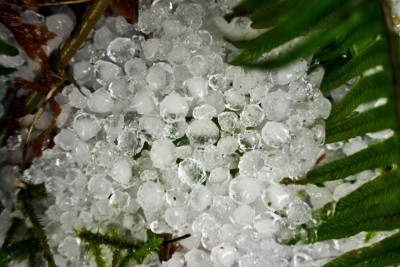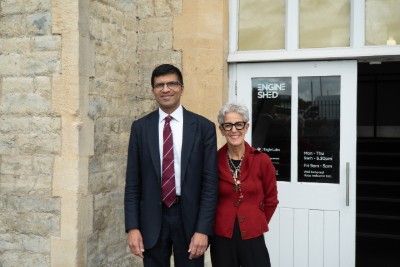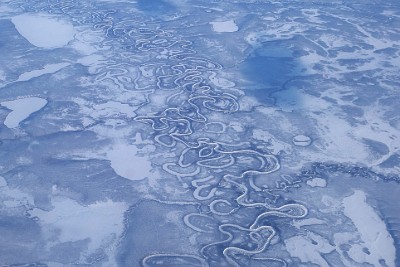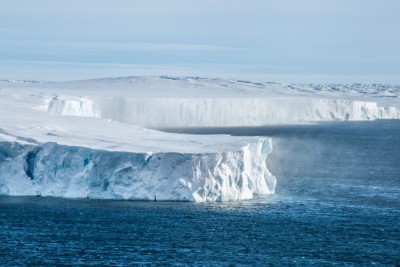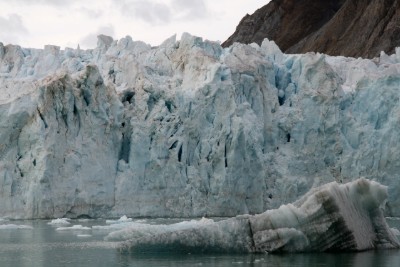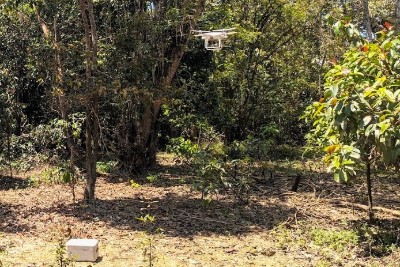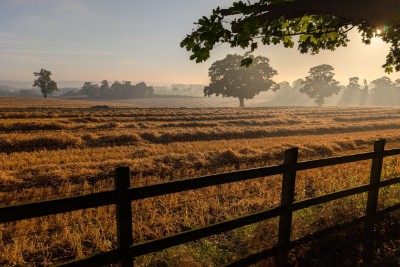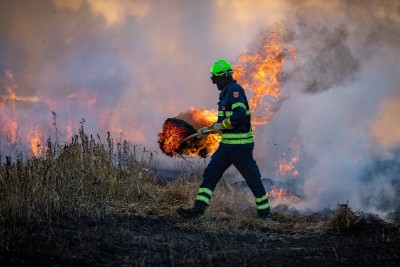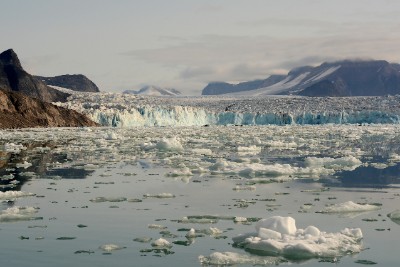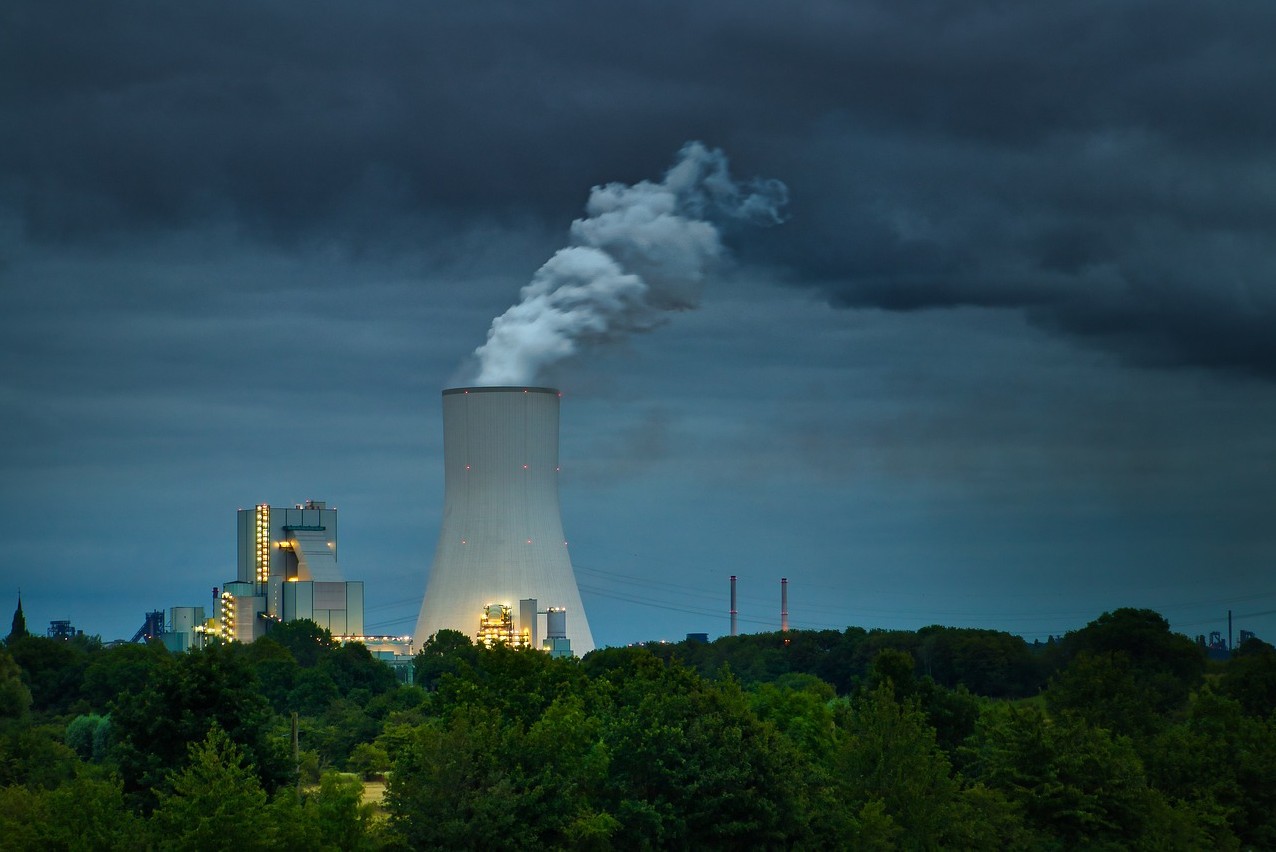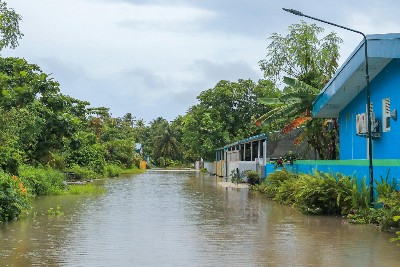Climate change is supercharging Europe’s biggest hail, study shows
Global warming may lead to less frequent but bigger and more devastating hail storms, new research has revealed.
Global warming may lead to less frequent but bigger and more devastating hail storms, new research has revealed.
Households with £2,000 in savings are around 60% less likely to fall behind on household bills, according to new research from the University of Bristol’s Personal Finance Research Centre. The report was commissioned by the Building Societies Association (BSA) for UK Savings Week.
Turn2us, the anti-poverty charity, today [24 September] released new research revealing the cost of embedded stigma in the UK’s social security system.
A pioneering study that used climate models to measure the impact of global atmospheric patterns has found new evidence for North America’s hidden role in Asia’s summer monsoon, a seasonal rainfall system vital to more than a billion people.
Nikhil Rathi, Chief Executive of the UK Financial Conduct Authority (FCA), visited the University of Bristol to see how its pioneering research, including in Artificial Intelligence (AI) adoption, is boosting businesses in the region and beyond.
A new study has revealed for the first time that ancient carbon, stored in landscapes for thousands of years or more, can find its way back to the atmosphere as CO₂ released from the surfaces of rivers.
Two pioneering University of Bristol climate researchers have received recognition for the impact of their work at the Royal Meteorological Society’s 2024 Awards.
Efforts to limit the global temperature increase to 1.5°C under the Paris Climate Agreement may not go far enough to save the world’s ice sheets, according to a new study.
New research reveals mountain glaciers across the globe will not recover for centuries – even if human intervention cools the planet back to the 1.5°C limit, having exceeded it.
Restoring forests at a community level can contribute significantly to helping reach global net zero and biodiversity goals.
Northern Ireland is known for its cool, wet weather – but a new study has shown warmer temperatures and erratic rainfall due to climate change are taking a toll on the nation’s health and farming industry.
Peter Haggett, Professor of Urban and Regional Geography, passed away on 9 February at the age of 92. His colleagues and former students in the School of Geographical Sciences pay tribute to one of the discipline’s most distinguished scholars and a former Acting Vice-Chancellor of this University.
A new report has revealed how the 100 most populated cities globally are becoming increasingly exposed to flooding and drought.
New analysis has shown a third of households in Scotland (32%) report having nothing in savings.
A globally-renowned climate scientist has highlighted the need to better recognise and understand the many different adverse health effects posed by worsening climate change for current and future generations.
A new study has revealed the alarming extent glaciers have shrunk over the past 40 years in a global warming hotspot for the first time – and the biggest retreat has occurred in recent years.
New polling has found more than half (57%) of households think the Budget will leave them financially worse-off – and 80% would possibly support some further tax rises if necessary.
In a new study, led by the University of Oxford (co-authored by a University of Bristol scientist) and published today [18 November] in Nature, an international group of authors who developed the science behind net zero demonstrate that relying on ‘natural carbon sinks’ like forests and oceans to offset ongoing CO2 emissions from fossil fuel use will not actually stop global warming.
The University of Bristol will be among the beneficiaries of £36m in funding announced today [13 November] to support the next generation of researchers across the South West and Wales aiming to solve some of the most pressing challenges around environmental change and biology.
A new study has exposed for the first time how inhabitants of the smallest countries globally, contributing least to climate change, already bear the brunt of its devastating consequences and the burden is likely to worsen.
